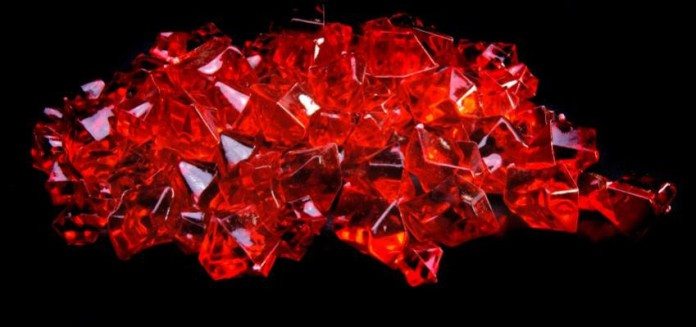
Pallinghurst Resources, an investment group with interests in platinum, manganese, iron ore and coloured gemstones, said it was “too early” to call the turnaround in the world’s minerals and metals market.
This was despite price rises in certain metals which had increased further after the firm’s interim reporting period in which it posted unrealised post-tax losses of $33m.
“Whilst it is too early to declare the departure of the bear market, commodity prices have improved since the start of the year and even more so since the end of the reporting period,” it said.
Nevertheless, it had “prudently and despite the more positive market conditions” decided to continue reducing costs at its investments in an effort to improve profitability rather than mining volumes.
“The philosophy is simple: ‘the ore in the ground is not turning sour’ and so it is value-accretive to maximise current profitability and to preserve long-term value,” it said.
As a result, the company had seen a cut back in its 42%-owned Sedibelo Platinum Mine (SPM), an asset it once considered listing on the Johannesburg Stock Exchange before platinum group metal (PGM) prices declined.
Metal dispatches of 4E (platinum, palladium, rhodium and gold) at SPM was 80,000 ounces in the six months ended June 30, slightly below the level in the six months of the previous financial year.
SPM had also run a second pilot plant test of its ‘Kell’ technology which Pallinghurst said could transform smelting of PGMs. Testing provided “encouraging results”, it said.
The first stage of SPM’s tailings plant had also been commissioned in March which would contribute low cost ounces to the mine’s production profile once fully operational, Pallinghurst said.
At Tshipi é Ntle Manganese Mining (Tshipi), however, there had been an increase in production of manganese ore in response to an improvement in the price this year, up 72% in the period under review.
The mine had cut production 25% in the previous financial year to 1.5 million tonnes (mt), but had already produced 960,000 tonnes this year, and was set to do the same amount of volume in the remainder of its financial year.
Despite the fluctuations in the price of manganese ore, Tshipi had been cash flow positive throughout, said Pallinghurst Resources.
Commenting on its stake in Gemfields, a UK-listed coloured gemstones miner and marketer, Pallinghurst Resources said there had been strong improvements in market share and record sales of $174m in its financial year ended June 30.
However, Pallinghurst described the performance of Gemfields’ share price as “disappointing”. Shares in the company fell about 26% in its 2016 financial year. It traded at £32/share in June this year, its lowest level since the end of 2013. Shares in the firm are currently at £44.38/share.
Said Pallinghurst: “As a consequence, it weighed negative on the Gemfields investment valuation during the period accounting for most of the $33m of unrealised losses that we have reported”.










